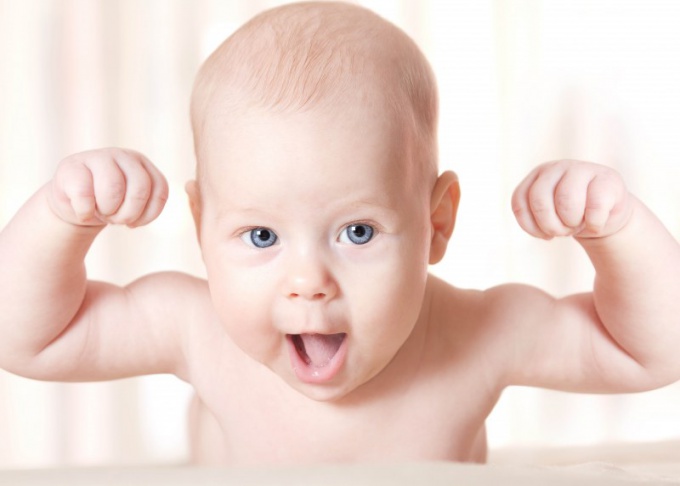The difference of children's rights from the rights of adults
To understand this difference, consider the two concepts. The first is the capacity. To be competent means to have all the rights in the Constitution of the Russian Federation, and the legal capacity of the person possesses from birth. The second concept is capacity. Just capable the child is, as it comes with age, and therefore some rights, the child can have only this moment, for example, the right to vote.
Children's rights
The basic rights of children enshrined in the Constitution:
1. The right to life. This right is granted to all people from birth. It implies a ban on the killing of a person, and that the state is obliged to protect and defend human life.
2. The right to liberty and security of person. This right is the Foundation of a legal set of rights. Freedom is the power to live as he wants, but on the condition that it will not harm others. We can say that freedom is the opposition of such concepts as slavery and coercion. Regarding children it is worth to say that according to the Constitution prohibit the exploitation of children, their abduction and trade.
3. The right to health and medical care. For the state of the Russian Federation the protection of child health is the main factor of development. Regardless of the social situation the child has the right to receive medical care in any public medical facility. It is also worth noting that children who are not yet adults, but they are more than fifteen years, have the right to decide whether or not to agree to medical intervention.
4. The right to education in the family. Every child has the right to parental protection and care. The state, in turn, takes a range of measures to support families (families with children). Also according to the Constitution no one has the right to take the child from their parents without good reason. But, as sometimes happens, that the child is an orphan, the state is helping to arrange the child to another family through adoption.
5. The right to education. It is mandatory to receive basic General education, which according to the Constitution of the Russian Federation is free. Also everyone has the right to enter higher educational institution on a competitive basis and are also free. In order that the child received an education, the state provides a variety of forms of education (full-time/part-time, distance), different types of incentives (scholarship, financial aid; for those who receive the education in his hometown – a place in a hostel).
6. The right to housing. Under the child's place of residence refers to the place of residence of their parents or guardians. However, there are cases where individuals are homeless and do not have the opportunity to buy it. Here the government provides assistance through the provision of various benefits or housing certificates.
7. The right of ownership and inheritance. Everyone has the right to the property, including a child. Now uncommon, there are cases where children belong to this or that part of the estate, donated or inherited. In addition, children have a right to inheritance. Minors in some cases prescribed by law is entitled to receive certain compulsory share in inheritance.
